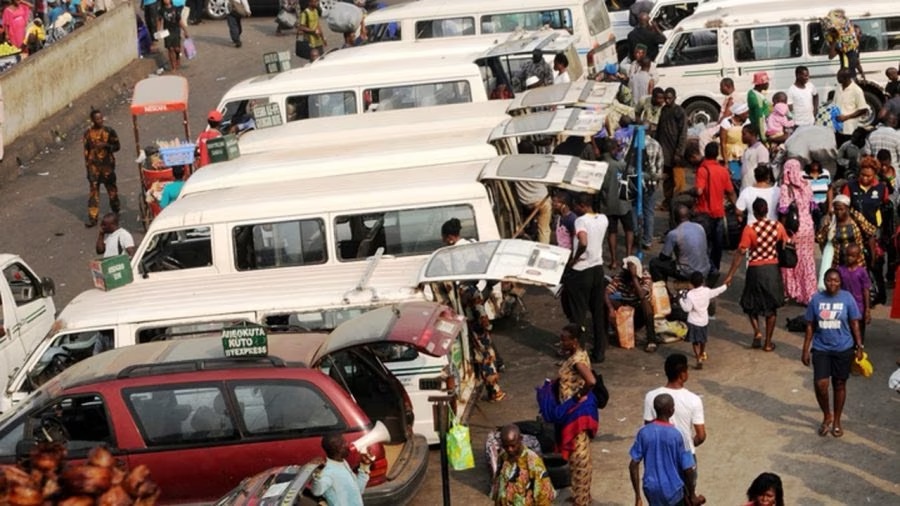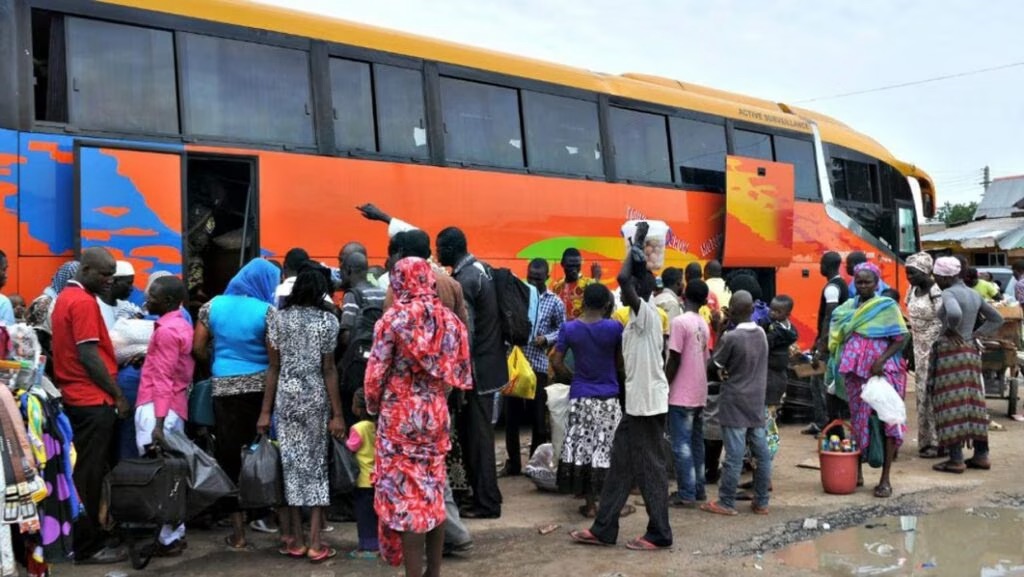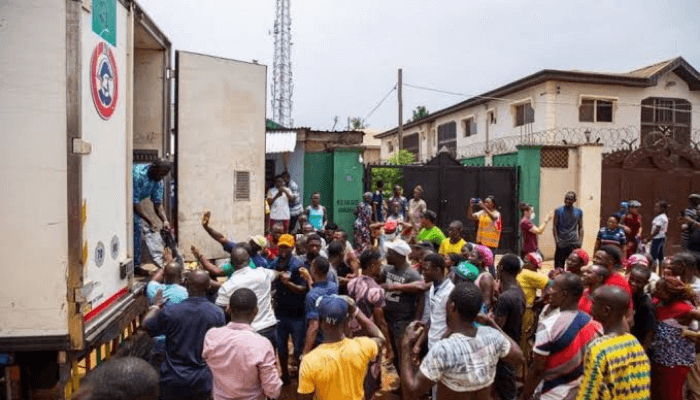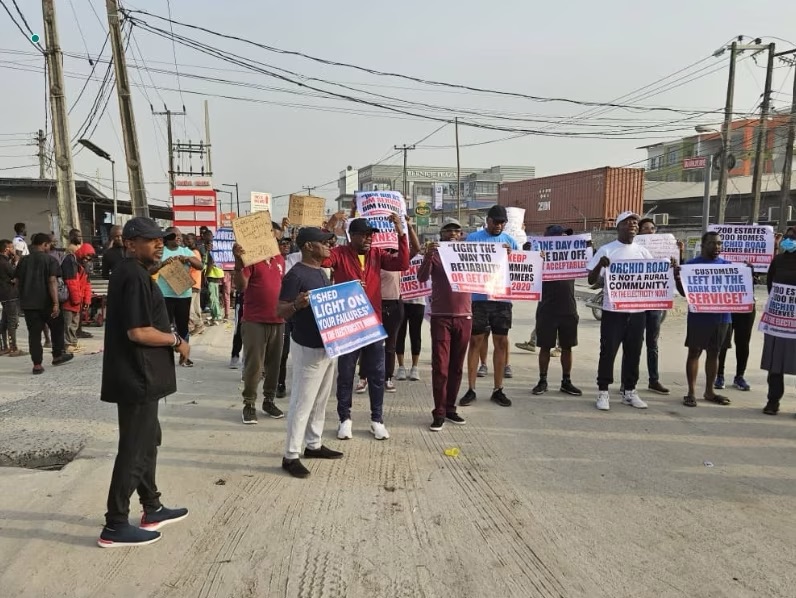As the festive season approaches, Nigerian travelers are confronting a significant challenge: a transport inflation rate of 30.54% in November 2024. This marks the highest rate recorded this year, underscoring the escalating costs of mobility for individuals and businesses alike.
Throughout 2024, transport inflation has been a persistent issue, consistently surpassing levels recorded in 2023. In January 2024, the transport inflation rate stood at 25.92%, a significant rise from 21.02% in January 2023. The rate stabilized somewhat during mid-year, averaging 25.63% in May and June, before accelerating to 27.21% in September, when there was an increase in fuel prices. It reached a new peak in November, marking a year-on-year increase of 3.52 percentage points compared to 27.02% in November 2023.

The surge in transport costs has been driven by a combination of economic and policy-related factors. Chief among them is the removal of fuel subsidies, implemented shortly after President Bola Tinubu assumed office in May 2023. This policy, while aimed at stabilizing public finances and spurring economic growth, led to a sharp rise in petrol and diesel prices, which are critical inputs for road and public transport.
As Christmas approaches, the increased transport costs are adding to the financial burdens of many Nigerians. The festive season, traditionally a time for travel and family reunions, is now overshadowed by concerns over affordability and accessibility. Travelers are finding it increasingly difficult to manage the higher expenses associated with transportation, leading to altered travel plans and, in some cases, the postponement of holiday visits.
In response to these challenges, there have been calls for government intervention to alleviate the financial strain on citizens. Some state governments are exploring measures such as providing free transportation to ease the economic burden on travelers. However, the effectiveness of these initiatives remains to be seen, and many Nigerians continue to grapple with the realities of increased transport costs as they navigate the holiday season.
For a detailed analysis of how food and transport costs are driving up Nigeria’s inflation, you can watch the following video:





